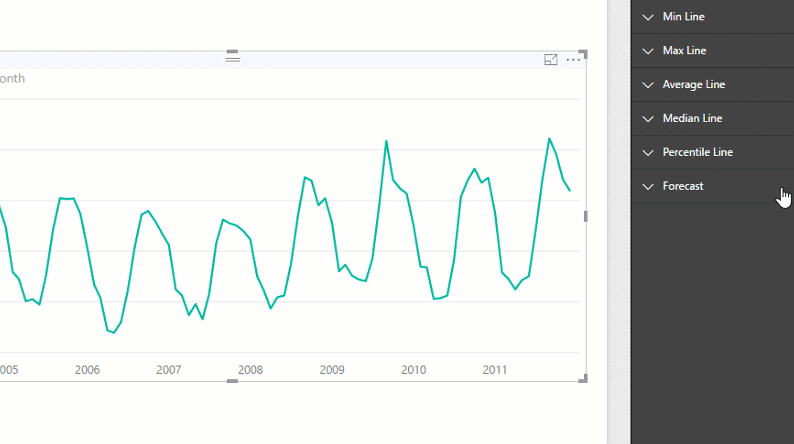Data analysis
Power BI is revolutionizing the previous approach to data analysis, previously locked in IT systems, explored by IT specialists, analysts and programmers. With the help of data visualization, analysis is possible in a simple and intuitive way. Familiarity with Excel will allow for even more thorough data mining.
To analyze data imported into Power BI, you don’t need specialized knowledge. Thanks to the visual form of the reports, virtually anyone can delve into the available data efficiently and with understanding. The visualization of data promotes its assimilation, drawing conclusions and, consequently, making the right decisions.
More accurate data analysis than ever before, as well as discovering patterns that might have remained unknown, is possible with Power BI features such as quick measures, clustering, forecasting and clustering. Advanced users gain full control over models with the advanced DAX formula language.

